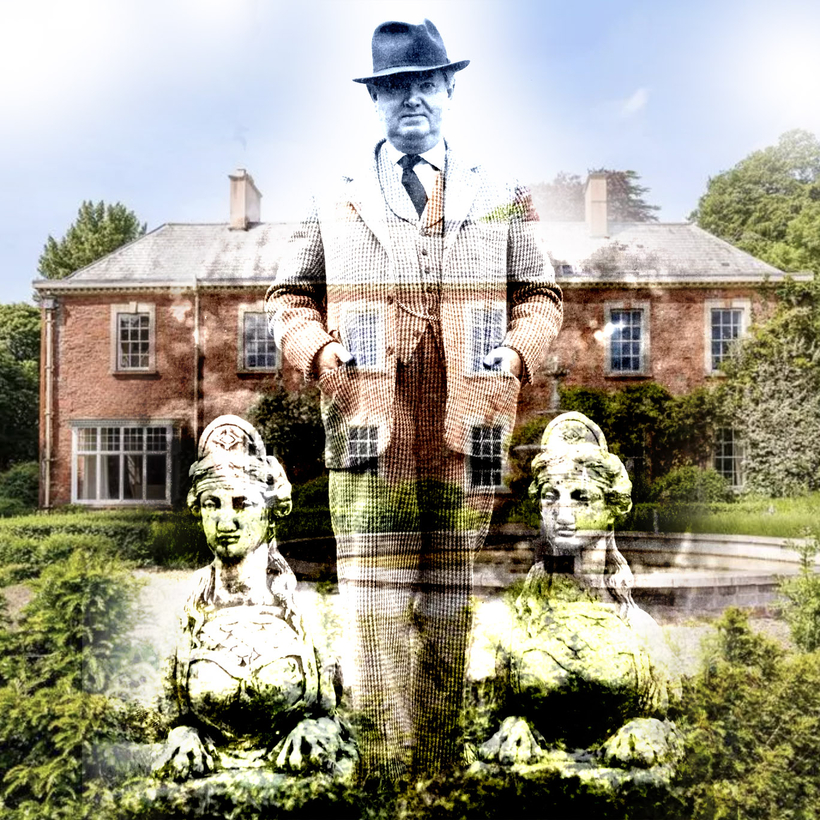On Easter morning 55 years ago, Evelyn Waugh said his last Deo gratias. After assisting his priest at a Latin mass in the Somerset town of Wiveliscombe, Waugh returned to his home in Combe Florey, seven miles away, for a family lunch in a rare jolly mood. At some point before the lamb was served, he went to his library and was never seen alive again.
The greatest novelist of his generation, as Graham Greene described him in The Times — or “the nastiest-tempered man in England” according to the architectural historian James Lees-Milne — was found dead in the downstairs toilet. Biffed while on the thunder-box, as Brigadier Ben Ritchie-Hook, the one-eyed maverick in his Sword of Honour trilogy, would have put it.


